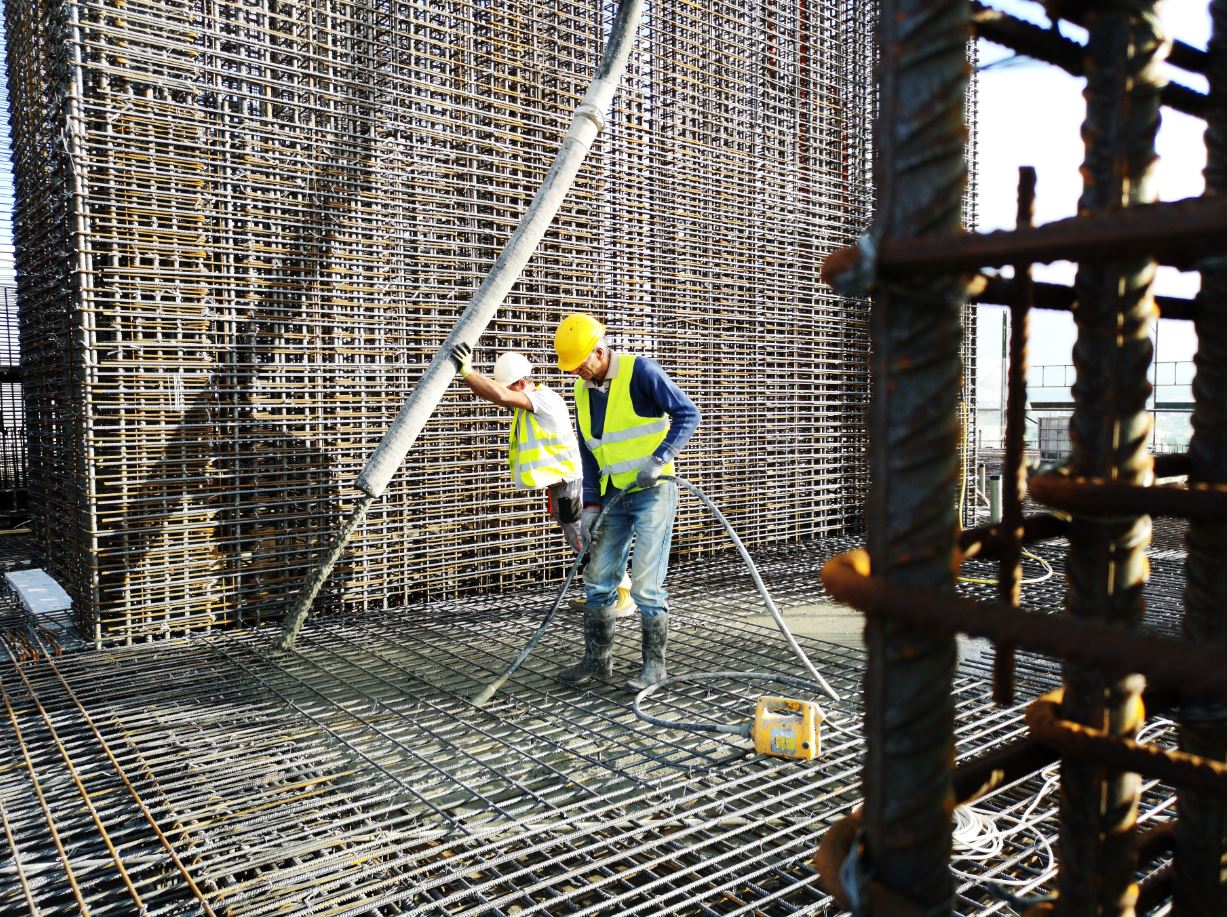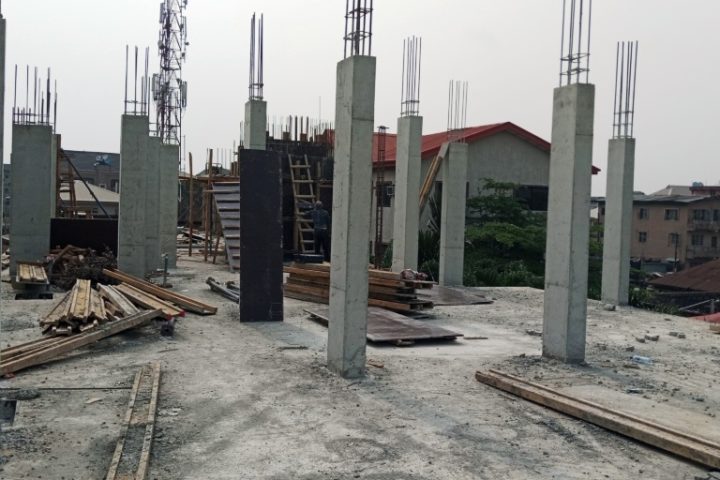Building material prices in Cyprus soared in the first half of the year, sending the cost of construction to skyrocket to new highs and pushing property prices further up.
This increase has also made it harder for the real estate and construction sectors to recover after the scrapping of the ‘golden passports’ scheme and the coronavirus pandemic fallout.
Increases are recorded across the board, as crucial items such as steel, cement, sand, stone aggregates and wood-based materials have seen a significant price increase in the last seven months, according to the statistical service Cystat.
This has pushed up the overall construction cost by 7.21%, compared to the same period last year.
Real estate experts fear that the upward trend will cause property prices to soar, sending shockwaves throughout the market, causing a temporary, at best, freeze in construction and sales of new development projects.
Supply chain disruptions, due to the Covid-crisis and pre-existing geopolitical antagonism, decreased the supply of building materials just as output remained resilient during the pandemic. This has resulted in shortages and price hikes, said property expert Tasos Bilianides.
Geopolitical reasons and the newly formed alliance between the US, the UK and Australia have cornered China which is feeling the pressure of restrictions imposed, said Bilianides, director at MPA Property agency.
The property advisor said that since 2000, when China’s industrial renaissance began, Australia has been an ally, exporting 85% of its ores to China. This alliance allowed Australia to come up top unscathed from the global crisis of 2008, while China became a leading player in the worldwide production of final product (steel and iron), he explained.
“However, the newly formed alliance has worsened relations between the two countries. As a result of this crisis, there are trade restrictions, reduced production and increased final product prices,” he explained.
Bilianides also said that prices of building materials have been pushed up by inflated transportation costs, fueled partly by COVID-19 and the geopolitical conflicts between the west and China.
And the pandemic has led to a huge increase in the cost of freight shipments, especially from Asia to the West. The average price of a container from €1,500 before the pandemic, has skyrocketed to €10,000.
Increased demand for containers, combined with the need for more port staff, and the industry’s general inability to meet huge demand, has resulted in a sharp rise in transport prices for both raw materials and the final product.
This increase will inevitably be transferred to the final consumer, which is the construction sector. Reports by developers say that the final price of a property could go up by 20%.
Delay in construction projects
“What this all means for Cyprus, is that the sector will take another blow, with a number of projects in the pipelines being put on hold, while buying real estate property will become even more inaccessible for some people”.
“Cypriots in the market for a home will temporarily be put off from buying a property, putting off their dream for at least a few months, in the hope of prices going down again,” added Bilianides.
He argued that some young couples looking to buy a home with the help of a bank loan will have a harder time to obtain financing now that prices will inevitably be going up.
Bilianides said that real estate sectors have yet to see deals fall through, but they expect to see a freeze in the market, as buyers will not be sure what to make of the situation.
Panos Danos, CEO of Danos/BNPRE Group told the Financial Mirror that the cost of construction has gone up by 27% since 2020, as increases in transportation and COVID have pushed the cost of construction materials through the roof.
As he explained, ongoing projects will suffer as a result, as many projects will be put on hold.
“When it comes to high-end property housing, constructors of ongoing projects will be faced with a serious problem as the majority of units have already been sold. Constructors will have to shoulder the increased cost”, he said.
“When it comes to newer projects, the cost will probably be rolled down to the final consumer, which is the property buyer”.
However, Danos foresees that the turbulence in the market is temporary, with property prices stabilising by the end of next year.
“Prices have been pushed up mainly from geopolitical events affecting transportation costs. And let’s not forget Brexit, and the coronavirus pandemic” said Danos.
He argued that once the height of these tides is overcome, we will see prices deflate.
Danos stressed that prices are not only being pushed up by the rising costs in building materials, but are also being pushed up by heightened demand, following the coronavirus pandemic, and the crisis.
Increase impacts city properties
“We have been witnessing the increase in prices of mainly city properties, such as building land, offices and new housing projects,” said Danos.
He explained that the crisis comes at an awkward timing for the industry, as demand had started taking off.
“There are a number of people with money in their pockets who are either on the lookout for a new home or an investment opportunity. We have also been on the receiving end of interest from international Real Estate Investment Trusts (REIT) looking to invest in Cyprus properties which have a good profit margin,” he explained.
Asked whether the increase in the cost of building materials will offset the market to an extent that bringing down prices would be a task on its own, Danos said that currently there is some pressure on prices from property already on the market.
“At the moment the market is under pressure from properties already on the market, more so from properties belonging to banks. Housing units, offices acquired by banks mainly through debt to asset swaps, are being sold with generous discounts as banking institutions need to offload these properties,” he said.
However, he said this pressure will be short-lived, as banks currently have a small stock of such properties, while “in any case we are not talking about prime property”.
“Today’s buyers are in the market for new, modern, energy efficient buildings,” said Danos who appeared confident that the market will stabilise in 2022.
“Things are already looking up, with the European Union expecting to see a boom in its GDP and tourism picking up in 2022.
“Property prices might still be higher after the end of next year, but that will be because of heightened demand rather than turbulence caused by geopolitical conflicts and events such as the coronavirus pandemic,” he concluded.










